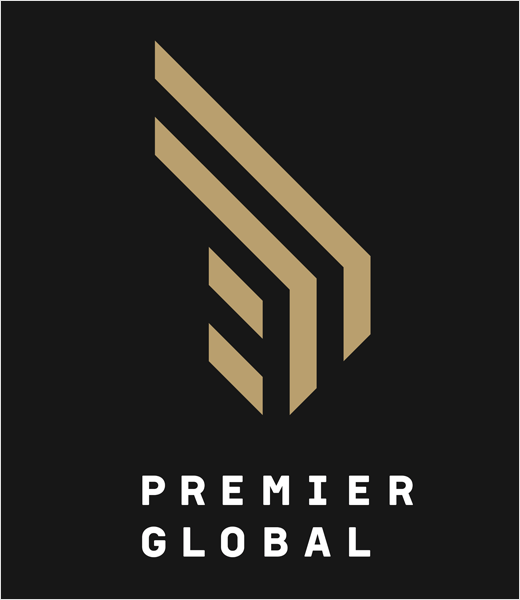PREMIER GLOBAL
IS BACK!
PREMIER GLOBAL | STUDY ACTIVE
Premier Global, one of the most recognised and prestigious brand names for fitness education in the world is back - and is aligning with another industry giant in Study Active. The Premier Global name now backed by Study Active's leading fitness education products, paves the way for the most innovative and high-quality personal trainer course experience in the fitness education sector.
Premier Global is a class 41 trademark owned by Study Active Limited
The story
Premier Global is one of the most recognised brand names in the world for Personal Trainer Education. In March 2024 Study Active Limited reached agreement with Assessment Technologies Institute L.L.C (part of Ascend Learning) and officially acquired the Premier Global name, domain, logos, copyrights, trademarks and goodwill. Study Active has duly been entrusted as the official and exclusive custodian of the Premier Global brand name. The fusion of two of the sector's most innovative and high quality brands in Study Active and Premier Global now paves the way for a new era in fitness education.

What this means?
Premier Global is more than just a brand name - it is a trust mark of quality of the absolute highest level. This aligns perfectly to the values of Study Active who are widely considered to be amongst the elite of UK PT course providers. This new alignment will see the values and prestige of Premier Global reflected in the Study Active experience.
The only place on the web that you can purchase a health & fitnes course associated with the prestigious Premier Global name is on the Study Active Website
-
Are Study Active & Premier Global now the same provider?
Whilst the company that was Premier Global ceased trading in 2022, the Premier Global brand name (and select brand assests) are now part of Study Active in a move that combines the values and identity of these two UK leading fitness brand names. Study Active now owns the class 41 trademarks, copyrights, domain, logos and goodwill of the Premier Global brand and as a result the brand name Premier Global is now an exclusive trading asset of Study Active Limited. This sees the Premier Global name, now backed by Study Active's leading fitness education products, which aims to set new standards of quality in the sector.
-
I am an old Premier Global student - can you help?
We may well be able to help you moving forwards however anything to do with a course purchased via premierglobal.co.uk prior to March 2024 would have been with the previous owners thus not something we can help with. We suggest anyone in such a situation contacts Active IQ (the awarding body) for advice.
-
What qualification do you receive once completed?
Premier Global is a fitness education provider who provides high quality education leading to industry-recognised qualifications - which are awarded by our awarding body partner Active IQ. Your Personal trainer qualification will therefore be an Active IQ qualification. Active IQ Personal Trainer qualifications qualifications are Ofqual regulated and CIMSPA endorsed and will enable you to join CIMSPA as a Personal Trainer Practitioner.
-
What are the official websites of Premier Global?
This domain, premierglobal.co.uk has been the official website of Premier Global throughout the brands prestigious history. As official custodian of the Premier Global brand name this web domain has been entrusted to Study Active. So premierglobal.co.uk and studyactive.co.uk are the only two website domains who are officially connected with the official Premier Global brand name. Please take care to make sure the URL is exactly as stated above to ensure you only go through our offical websites.

Premier Global is a registered class 41 trademark owned by Study Active Limited. Premier Global is a trading name of Study Active Limited.
All Rights Reserved | Study Active | Premier Global
CONTACT PREMIER GLOBAL
0345 017 8733
info@premierglobal.co.uk
Eastway Enterprise Centre
7 Paynes Park
Hitchin
Herts
SG5 1EH
info@studyactive.co.uk
OPENING HOURS
- Mon - Thu
- -
- Friday
- -
- Saturday
- -
- Sunday
- Closed
